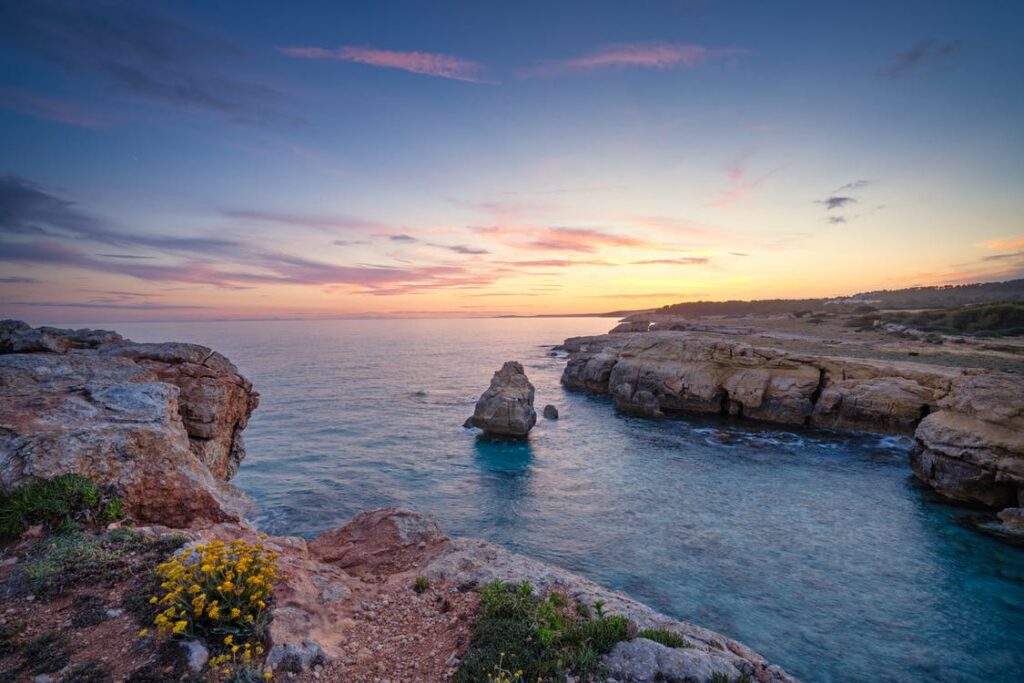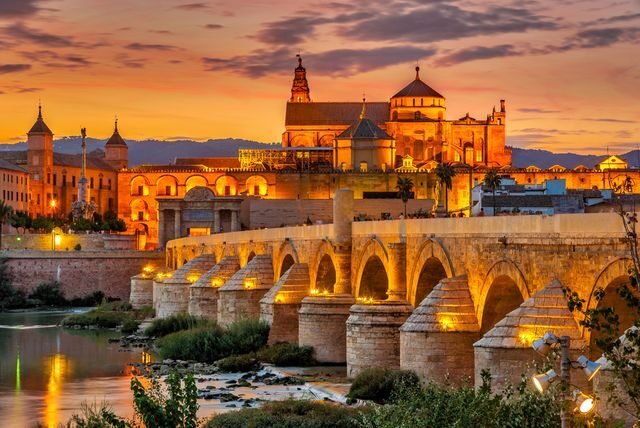Ecotourism has been increasing in the last few years in Spain, and the country can now count on a large number of areas – 28 in total – accredited by the European Card of Sustainable Tourism (CETS) supported by the European Commission. Speaking of eco-friendly destinations, Spain also leads the UNESCO Biosphere Reserves ranking, with a total of 48 protected areas that cover almost 11% of its territory. Furthermore, several initiatives, institutions, NGOs, and even private businesses support ecological tourism in the country.
In order to fight the unsustainable massive tourism practices, the national government itself has been preparing the Sustainable Tourism Strategy 2030, a national tourism agenda aimed at facing the challenges of the sector. The long-term goal is to lay the foundations for the transformation of Spanish tourism towards a model of sustained and sustainable growth, based on three pillars: the improvement of the competitive capacity and profitability of the industry, the differential natural and cultural values of the destinations, and the equitable distribution of the benefits and burdens of tourism.
Spain offers a lot of different landscapes and activities to enjoy a natural and sustainable touristic experience. International tourists are attracted not only by Spanish sun and beach holidays, but also by many different alternatives related to the promotion of local cultures and to sustainability. Ecotourism in Spain is highly varied, and it adapts to multiple environments: the options range from “green tourism” (that is to say tourism associated with natural landscapes, both inland and on the coast) to gastronomic ecotourism, from recreational ecotourism (linked to gaming experiences and sports raised in natural settings and designed in a sustainable way) to rural ecotourism. The heterogeneity level of the sustainable tourism offer in Spain is definitely higher than in other European countries.

Anyway, the vast majority of the national natural spaces are located in rural areas affected by the phenomenon of depopulation. For this reason, ecotourism represents an opportunity to revitalize these areas from a socioeconomic point of view, by generating employment, helping to establish population and services, and diversifying the local economy.
According to Expedia report on sustainable tourism (2019), the top Spanish spots when it comes to ecotourism are:
- Vitoria Gasteiz, designed in 2012 as “European Green Capital”;
- Bilbao, involved in an Action Plan for Tourism 2019-2025 aimed at strengthening sustainable tourism practices;
- Córdoba, which was about to collapse in previous years due to its massive tourism and then transformed into a destination that follows the slow travel and ecotourism;
- Menorca, a Balearic destination with a declaration of a Biosphere Reserve.

For anyone looking for an eco-friendly destination and some adventurous sustainable experiences, Spain might be the best place to start!
